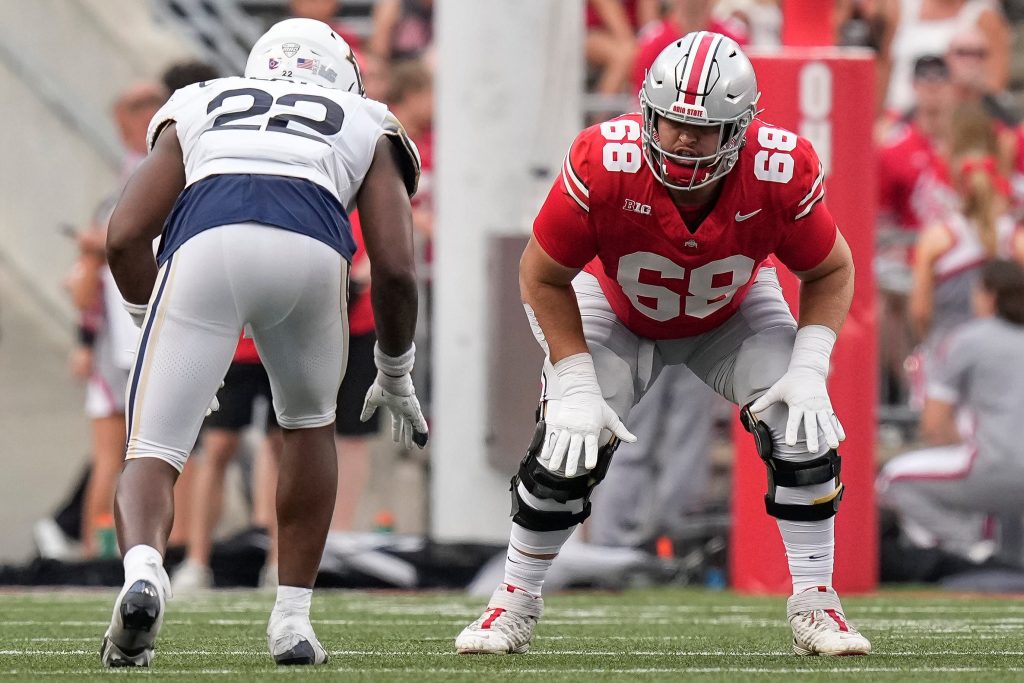The first-ever 12-team College Football Playoff has wrapped up, and it’s safe to say that the excitement and drama of the postseason have sparked a lively conversation about potential improvements to the format. Fans, coaches, and commissioners are all weighing in on what worked and what could be better. Among the voices advocating for change is SEC Commissioner Greg Sankey, who recently shared his thoughts on the Paul Finebaum Show.
Understanding the Current Format
In the current playoff structure, to earn a Top 4 seed, teams must be among the four highest-ranked conference champions. This system, however, has raised eyebrows. For instance, the University of Notre Dame, which finished the season ranked No. 1 and undefeated, found itself as a 5-seed. This meant they had to host a home playoff game while lower-ranked teams enjoyed the perks of an extra week of rest and a more favorable path to the national championship game simply because they won their respective conference titles.
This situation begs the question: Is the current seeding system truly fair? It seems that the criteria for seeding need a thorough review. Sankey is particularly concerned about the implications of this format, especially when it comes to ensuring that the best teams are rewarded appropriately.
First-Round Byes: A Double-Edged Sword
Interestingly, this season highlighted a peculiar trend regarding the first-round byes. While these byes are often seen as a significant advantage, all four teams that hosted first-round playoff games ended up losing in the quarterfinals. This included notable conference champions such as Clemson (the 12-seed), Georgia (SEC), Oregon (Big Ten), and Arizona State (Big 12).
So, what does this mean for the playoff model? It raises an important point: maybe the first-round bye isn’t the golden ticket everyone thought it was. If the teams that earned these byes couldn’t capitalize on the advantage, perhaps it’s time to rethink how we reward conference champions in the playoff structure.
Challenges in Making Changes
Sankey has acknowledged that any adjustments to the playoff format will require a unanimous agreement among the 10 conferences and Notre Dame as an independent. This is no small feat, especially considering the diverse interests and priorities of each conference.
“The seeding issues, particularly moving teams into the Top 4, need to be looked at deeply,” Sankey remarked. “We need to have those conversations. I think we need to look at what happened round to round and how we make some of the experiences consistent as you move from round to round.”
The challenge lies in balancing the needs of larger conferences with those of smaller ones that are eager for a seat at the table. It’s a complex puzzle, but one that must be addressed if we want to improve the playoff experience for everyone involved.
Potential Solutions: Rethinking Automatic Byes
One suggestion that has gained traction among fans and analysts alike is the idea of eliminating automatic byes for conference champions. Instead, seeding could be based solely on rankings. This would ensure that the best teams—regardless of conference affiliation—are rewarded accordingly.
However, implementing such a change is easier said than done. With so many stakeholders involved, reaching a consensus may prove to be a daunting task. Sankey’s concerns about achieving unanimous agreement are valid. The road to reform may be long, but the conversation has begun.
Reflecting on the Future of College Football Playoffs
As we look back on the inaugural 12-team playoff season, it’s clear that the excitement and unpredictability of college football are as strong as ever. Yet, the discussions surrounding the format reveal a desire for improvement. Fans and players alike want to see a system that truly rewards excellence on the field.
With the playoffs now in the spotlight, the question remains: how will the NCAA respond to these calls for change? Will they take the necessary steps to refine the playoff model, or will they stick with the status quo?
As the dust settles on this season, one thing is certain: the future of college football playoffs is a hot topic, and the voices advocating for change are growing louder. It’s a thrilling time for college football, and as we look ahead, we can only hope that the powers that be are listening. The passion for the game is undeniable, and fans are eager to see how the playoff landscape evolves in the coming years.
In the end, the goal is simple: to create a playoff system that is fair, exciting, and reflective of the incredible talent and dedication found in college football. The journey is just beginning, and we can’t wait to see where it leads.





























